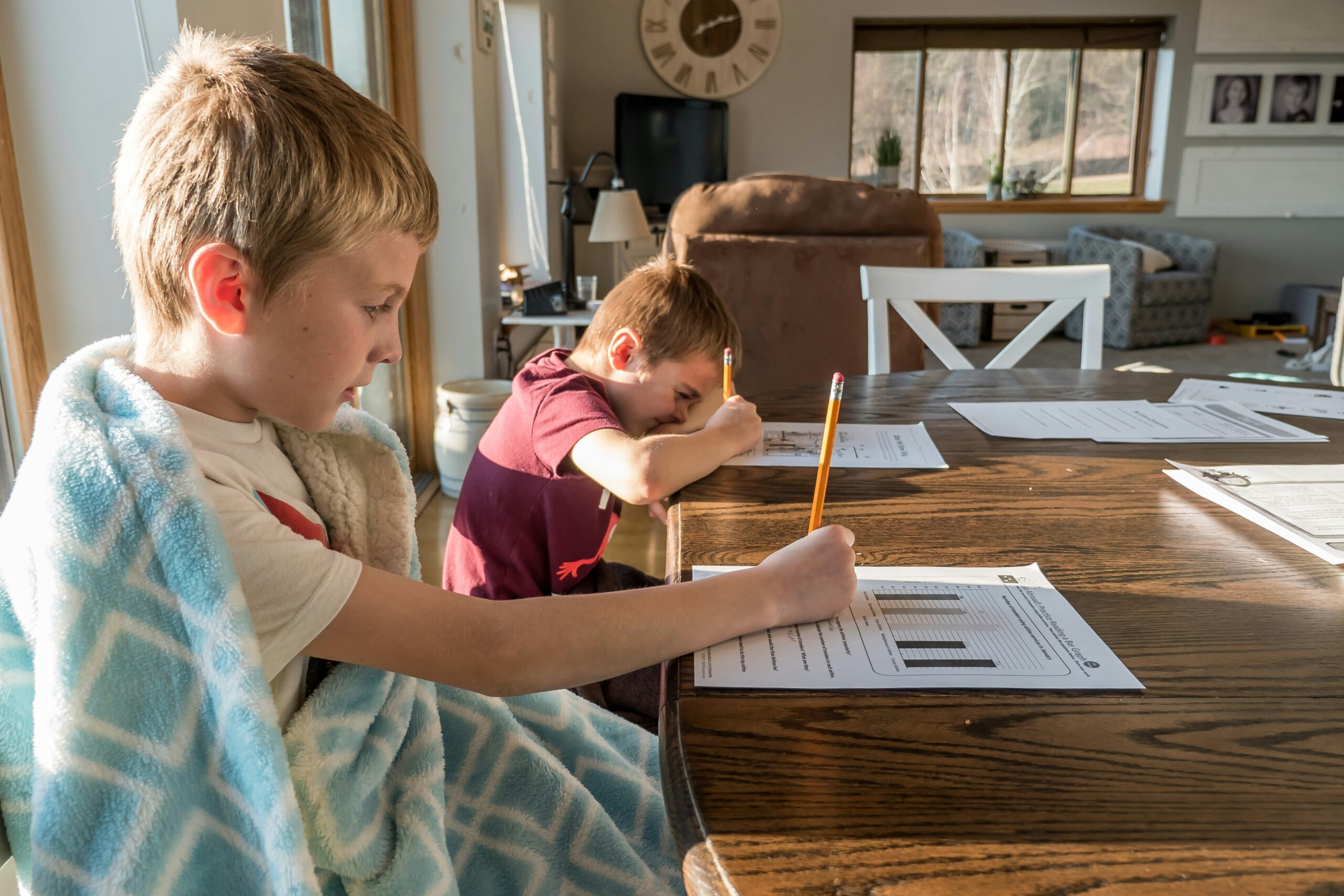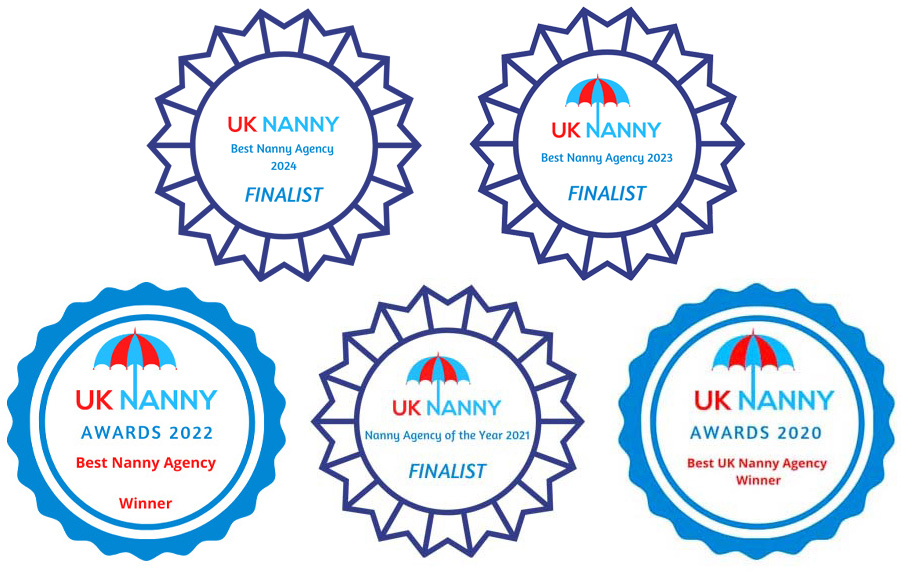Home-schooling

I’ve noticed an increase in questions and posts about home-schooling on local Facebook groups. The summer is a break from the routine and a chance to think, and it could be that you’ve started contemplating home schooling or home educating – there is a difference!
I’ve asked local home educator Zoë Willis of Real Life Real Kitchen (read about her business here) to share with us how and why she home schools but firstly, I want to tackle the issue of nannies and home schooling.
Nannies and home schooling
You may have heard about families having governesses in the ‘olden days’. A governess was someone that a family employed to teach their children in their home. They were different to a nanny but worked alongside them, both looking after the children but in different ways.
The reason I mention this is that today’s nanny is not (normally) a teacher and I don’t know of any nannies who are involved in educating children at home. That isn’t to say that some nannies won’t want to be involved in home schooling but it absolutely must be part of your nanny recruitment and interview process, even if you’re just at the ‘thinking about it’ stage.
If your nanny is happy to be involved in home schooling, the role must be outlined as thoroughly as possible.
- Are they going to be a teacher’s assistant whilst you do the teaching or do you want them to be the primary educator?
- Will they be there to help you during ‘breaks’ or when school is over?
- What hours will they be expected to dedicate to home schooling?
- And of course, it’s likely to impact their level of pay.
I can’t stress enough how much it needs to be discussed ahead of starting home schooling! A nanny may leave the family if they’re asked to fulfil this extra responsibility at a later stage.
Home schooling in real life
Zoë Willis of Real Life Real Kitchen home schools and so I asked her some questions about what it’s really like. She told me that home schooling and home educating are different:
- home schooling in the UK is when a child can’t physically be at school and is taught at home (the local education authority will continue to be involved)
- home educating is when the parents or care givers are solely responsible.
Zoë and her family started home schooling because of COVID. Zoë was heavily pregnant when children across the country, including her own, were asked to start home schooling in 2020. Like many, she opted for family time, reading and some light maths with her children.
How did you take it further?
I started researching home educating in Canada and the US where it’s much more common. There are many resources there to help families as educators, even if they’re not good at maths or English. We have to acknowledge that we, as parents, can’t be good at everything!
In the UK, we can follow the National Curriculum or there are online schools which many expat children use. Of course, you could employ tutors but what’s ideal about teaching your child at home is that you can go at their pace. If your child struggles with a subject, you can go slower but if they’re super brainy then you can pick up the pace.
People concern themselves that home-schooled children will be isolated. How do you ensure your children mix with others their own age?
Long gone are the days of home-schooled children being loners. There are Facebook groups for home educators and you’d be amazed if you ask around, you’ll meet other home teachers. Then you can arrange meet-ups, educational or otherwise.
Children, of course, can still do after-school activities and clubs – sports, music, arts- just like school-attending children. Honestly, children could be doing several different activities a day.
What’s the biggest challenge of home schooling?
There are people at home all the time! I get no time to myself to run errands, or do laundry, a quick clean with the Hoover!
As children grow up and mature though, you can involve them in housework and cooking. The family becomes a community, a village if you like.
I have 2-3 hours a week to do my own thing and that’s really important to me. I need a break and a chance to fill up my ‘emotional bottle.’ We all need that.
What’s the highlight of home schooling?
I just enjoy being with my children. I love seeing them blossoming and finding their different gifts at their own speed.
One to one learning is very efficient and often we’re done by the afternoon. Then we can meet up with friends or the children can pursue their own hobbies. They have more time for play. It’s lovely to see what their souls are called to and for them to hone their own gifts.
Thank you Zoë!
If you would like more information, you can have a look at the KCC (or your local authority’s) website. My opinion is that home schooling isn’t what it used to be and for some if could be another option for educating your children.
But do bear in mind that your nanny may not want to do the educating!
Hazel x
